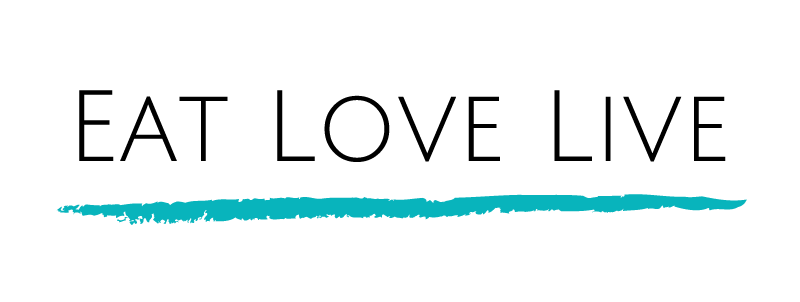Responsive Feeding Therapy (RFT) is an evidence-informed, relationship-based approach to feeding and eating interventions. Used across disciplines and the lifespan, RFT supports children in (re)discovering internal cues, such as hunger, fullness, and interest, while gently building curiosity, confidence, and feeding skills.
Rather than using rewards, pressure, or control, RFT helps caregivers and children create positive, trusting mealtime experiences. It recognises that eating is not just about nutrition. It's also about connection, autonomy, and emotional safety.
At its core, RFT is:
- Flexible
- Child-led
- Collaborative
- Respectful of autonomy
- Centred on the feeding relationship
Core Values of RFT
Responsive Feeding Therapy is guided by five core care values:
- Autonomy
RFT protects the child’s agency and supports body autonomy and decision-making. Children are not forced to eat or pressured into trying new foods. - Relationship
Emphasis is placed on strengthening the parent–child bond during mealtimes. Connection, safety, and trust are essential foundations for feeding progress. - Competence
Children are supported to build skills and confidence at their own pace, in line with their developmental readiness and sensory needs. - Intrinsic Motivation
Curiosity and engagement with food are nurtured from within—rather than relying on external rewards or bribes. - Individualised Care
Every child is different. RFT tailors strategies to suit each child's unique profile, including neurodivergence, sensory preferences, and feeding history.
Who Is It For?
RFT may be a supportive approach for children who experience:
- Picky or selective eating
- Feeding anxiety or trauma
- Oral-motor or sensory-based feeding challenges
ARFID (Avoidant/Restrictive Food Intake Disorder)
- Neurodivergence such as autism or ADHD impacting eating
- High emotional sensitivity around meals or new foods
This approach is also valuable for families who want to reduce mealtime stress and build positive, responsive routines that work for their household.
What Happens in an RFT Session?
Responsive Feeding Therapy sessions are individualised, developmentally appropriate, and co-created with families to meet the unique needs of each child and their caregivers.
The first session is a parent-only session.
This allows us to gather a detailed understanding of your child’s feeding history, developmental background, strengths, and challenges—without them needing to be present. It also gives you space to share openly and begin setting goals together in a calm, supportive environment.
Ongoing sessions may include:
- Play-based food exploration:
Encouraging curiosity, sensory engagement, and comfort with food—without pressure to eat. - Parent coaching:
Supporting you to notice, interpret, and respond to your child’s feeding cues in a confident and attuned way. - Skill-building:
Gently developing oral-motor skills, sensory tolerance, or self-feeding abilities—always in a respectful, child-led way. - Mealtime support:
Practising responsive strategies in real or simulated meals to reduce stress and increase connection. - Collaborative goal setting:
Goals are guided by what’s most meaningful to your child and family—not just focused on increasing intake or variety.
What Makes RFT Different?
Responsive Feeding Therapy stands apart from traditional behavioural or compliance-based feeding approaches. RFT does not use:
- Bribes or reward systems
- Pressure or force-feeding
- Fixed food quantity goals
- “Clean plate” expectations
Instead, RFT prioritises:
- Trust between caregiver and child
- Long-term feeding confidence
- Respect for body cues
- A trauma-informed, neurodiversity-affirming lens
- Family-centred, emotionally safe progress
RFT at Eat Love Live
At Eat Love Live, I, Rebecca aim to bring warmth, compassion, and a holistic understanding of each child’s feeding experience.
I recognises that every child has a unique sensory profile, developmental pathway, and family context. I work in partnership with families to build positive, sustainable feeding routines, always guided by the child’s pace and readiness. Her support is gentle, empowering, and grounded in the latest research and best practice.
Whether your child is struggling with food variety, eating anxiety, or a complex feeding history, Rebecca can help reduce mealtime stress and build a foundation for lifelong healthy eating relationships, without pressure, shame, or power struggles.
Why RFT Matters
Responsive feeding approaches are associated with:
- Improved food acceptance and variety
- Stronger caregiver–child communication
- Lower risk of future disordered eating
- Better growth, development, and dietary quality
- Reduced mealtime conflict and stress

